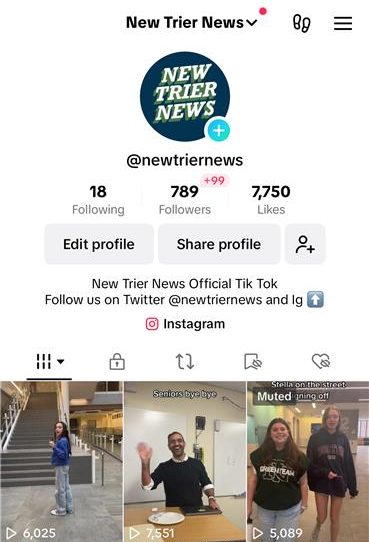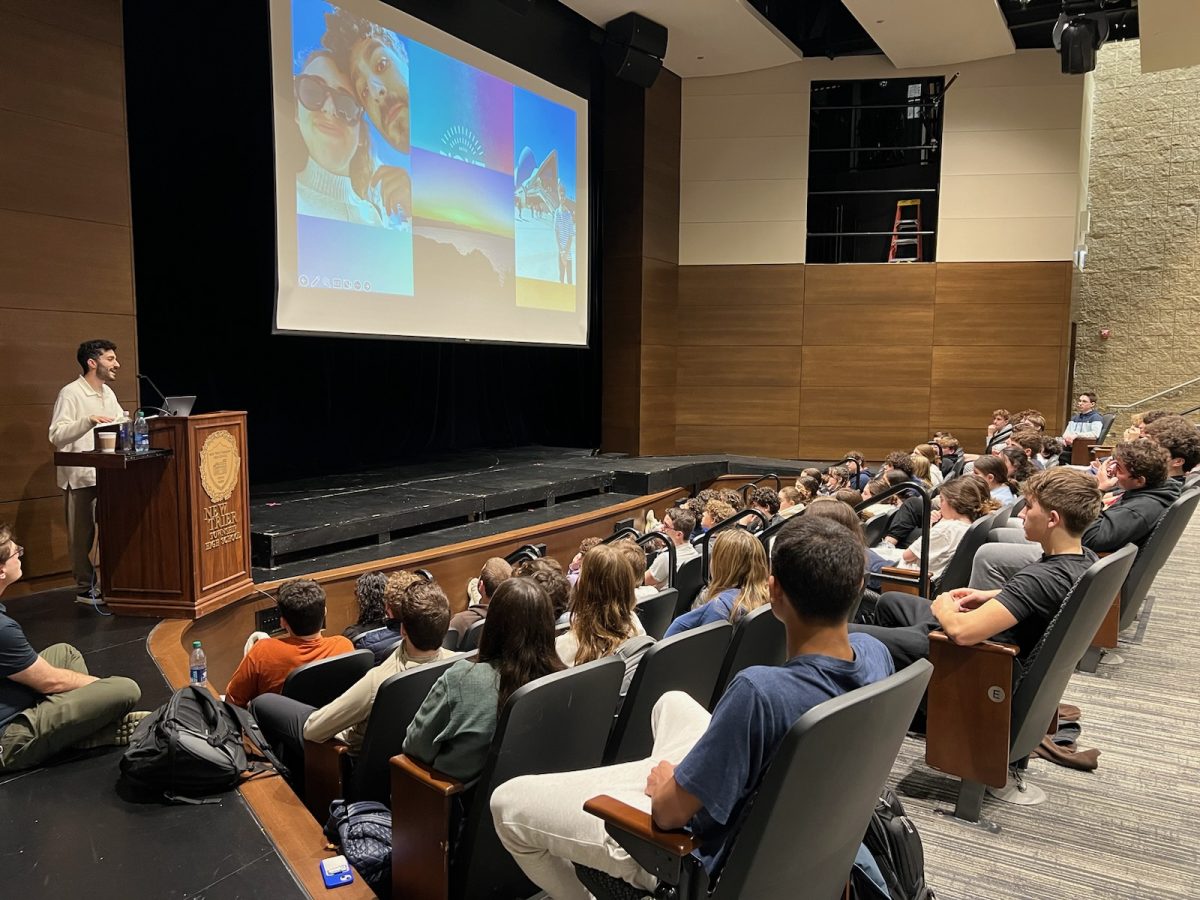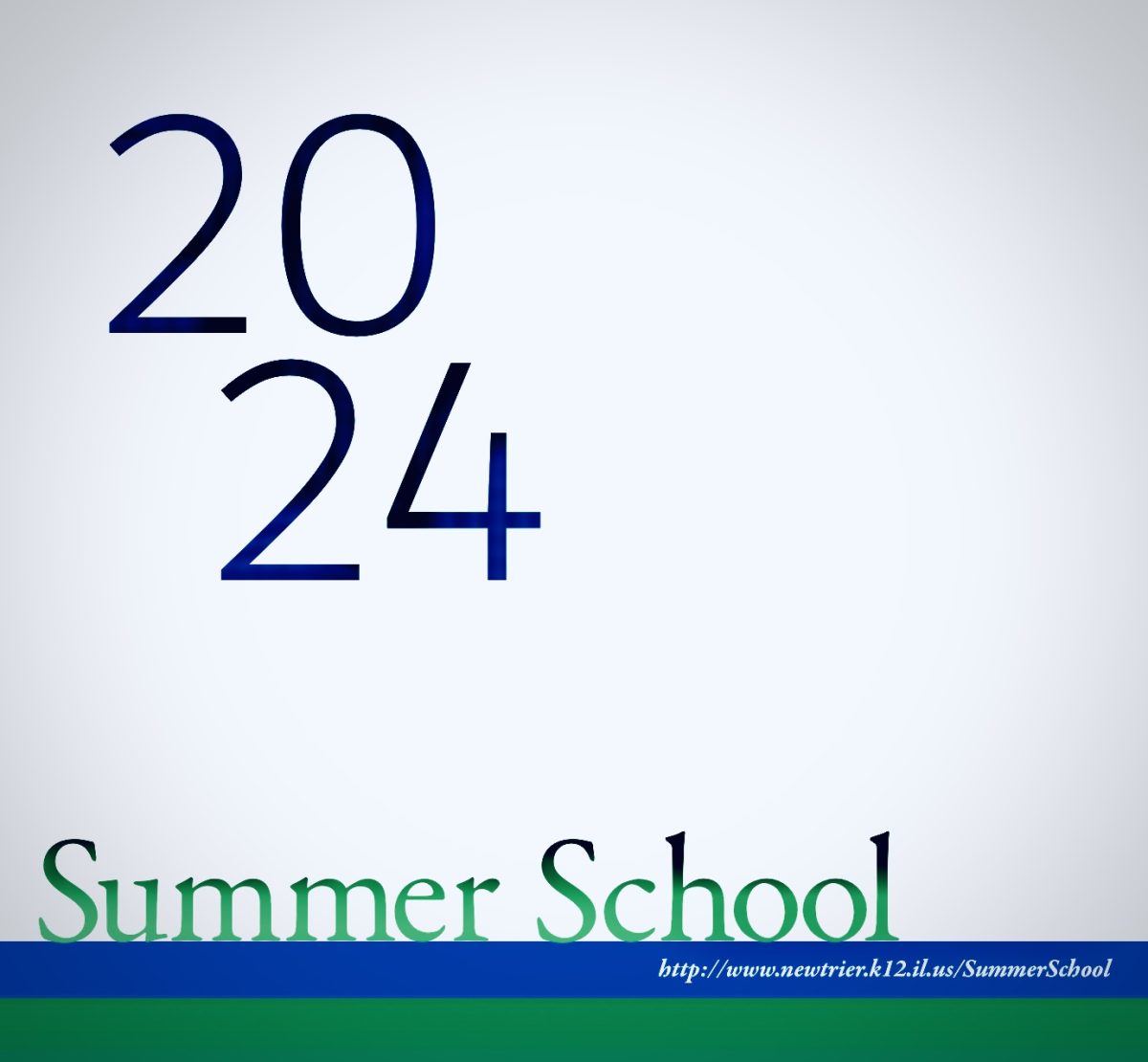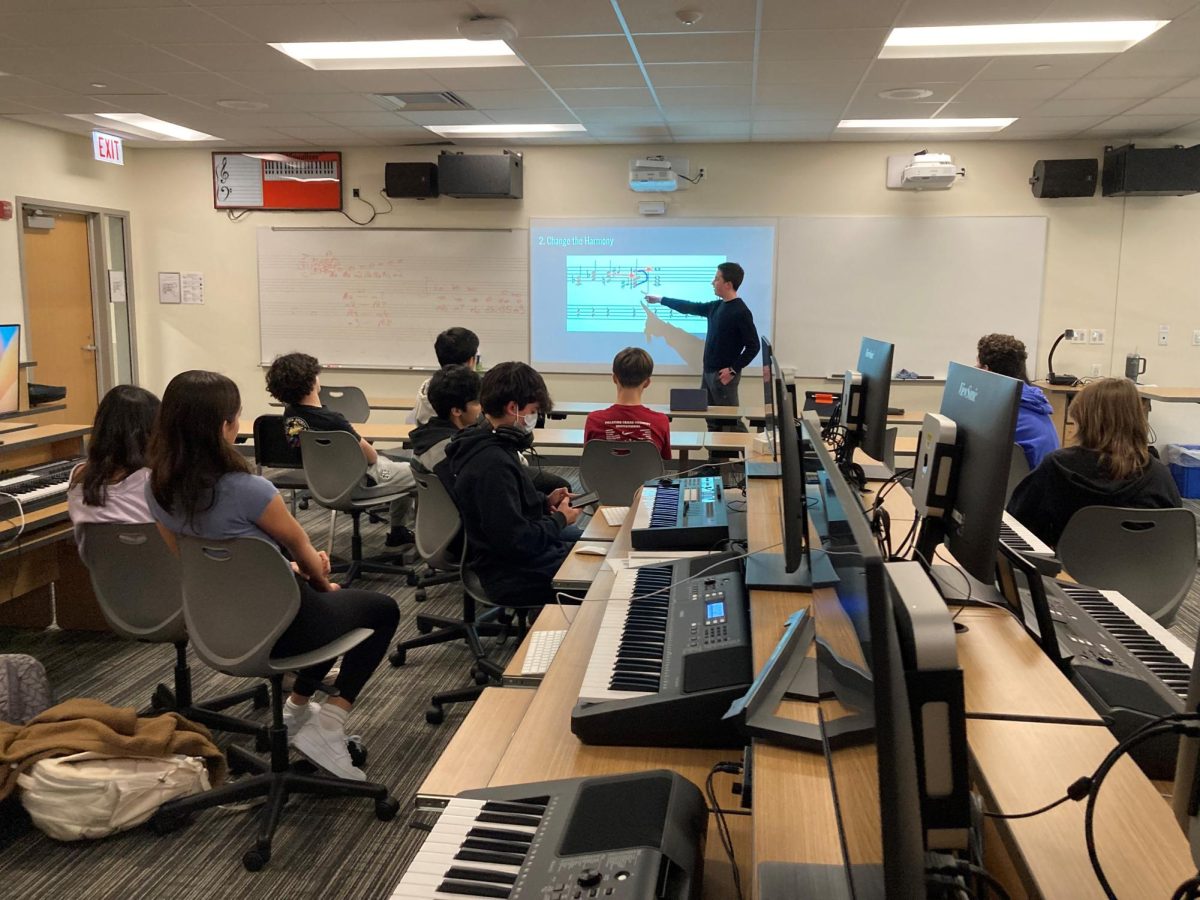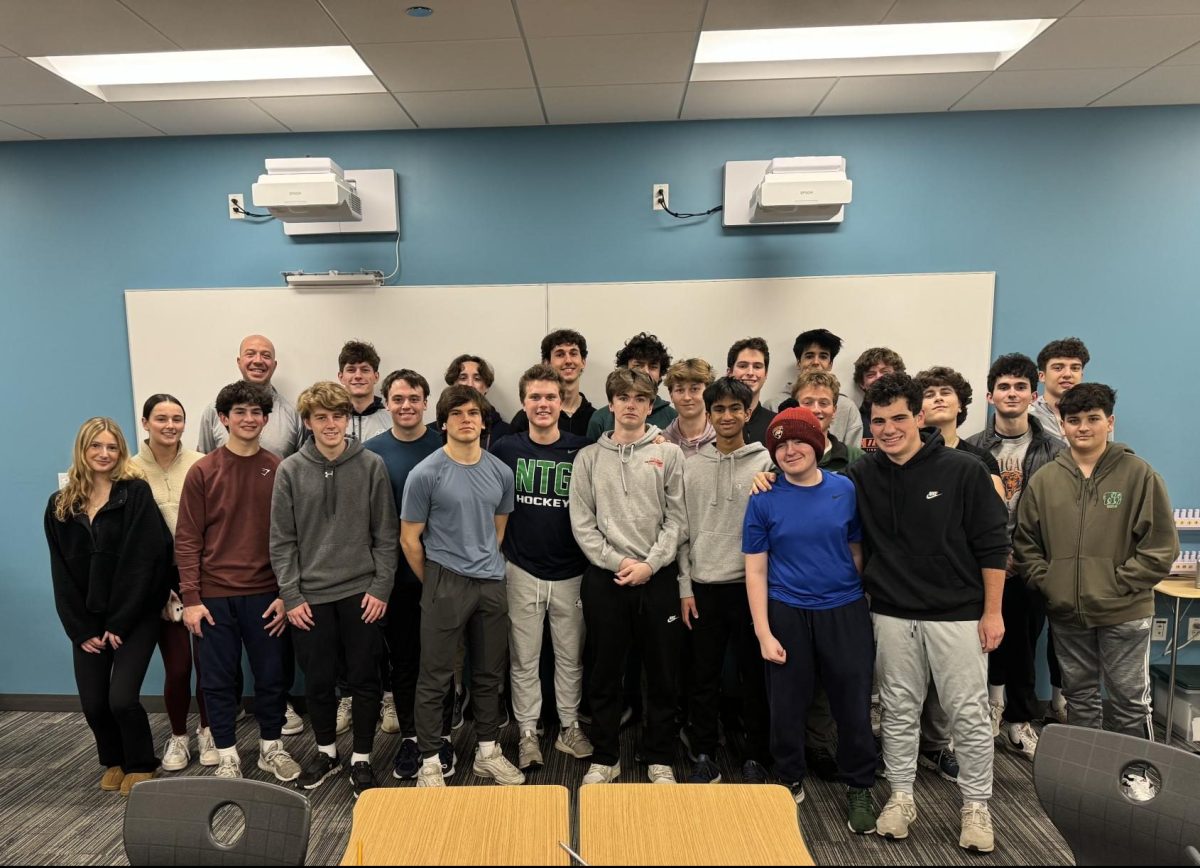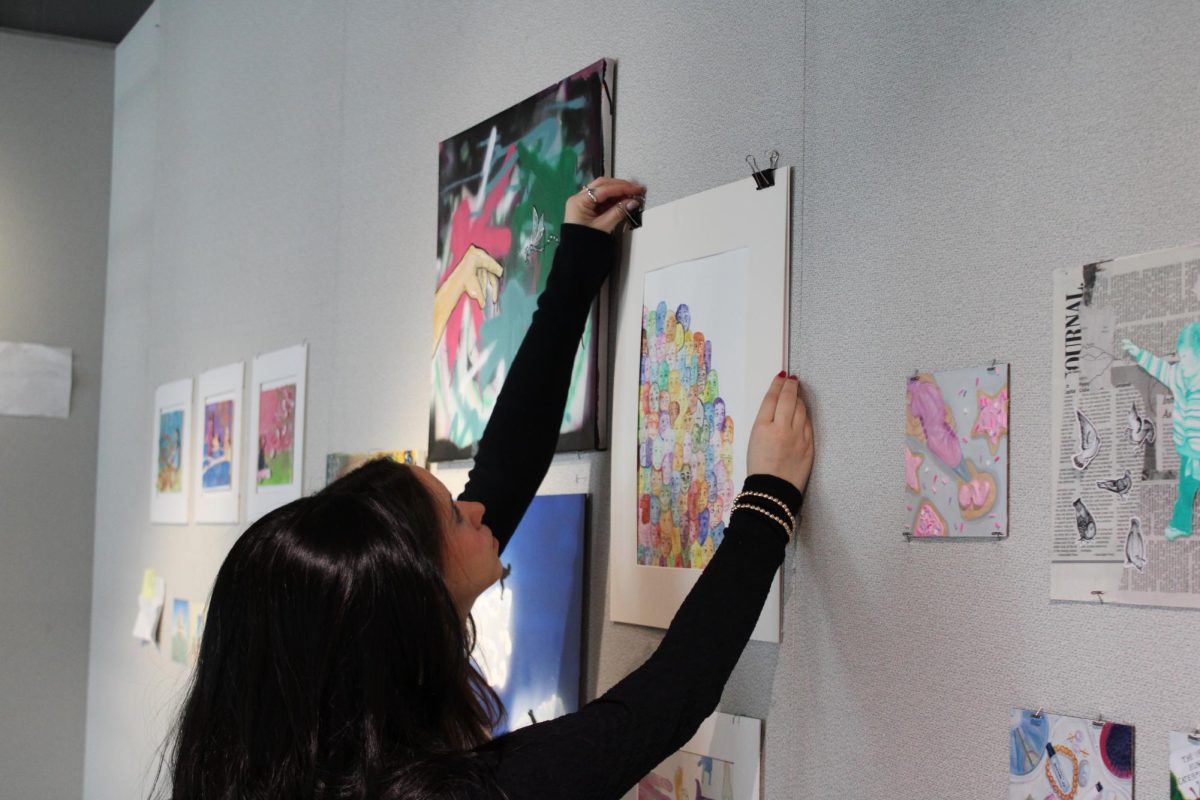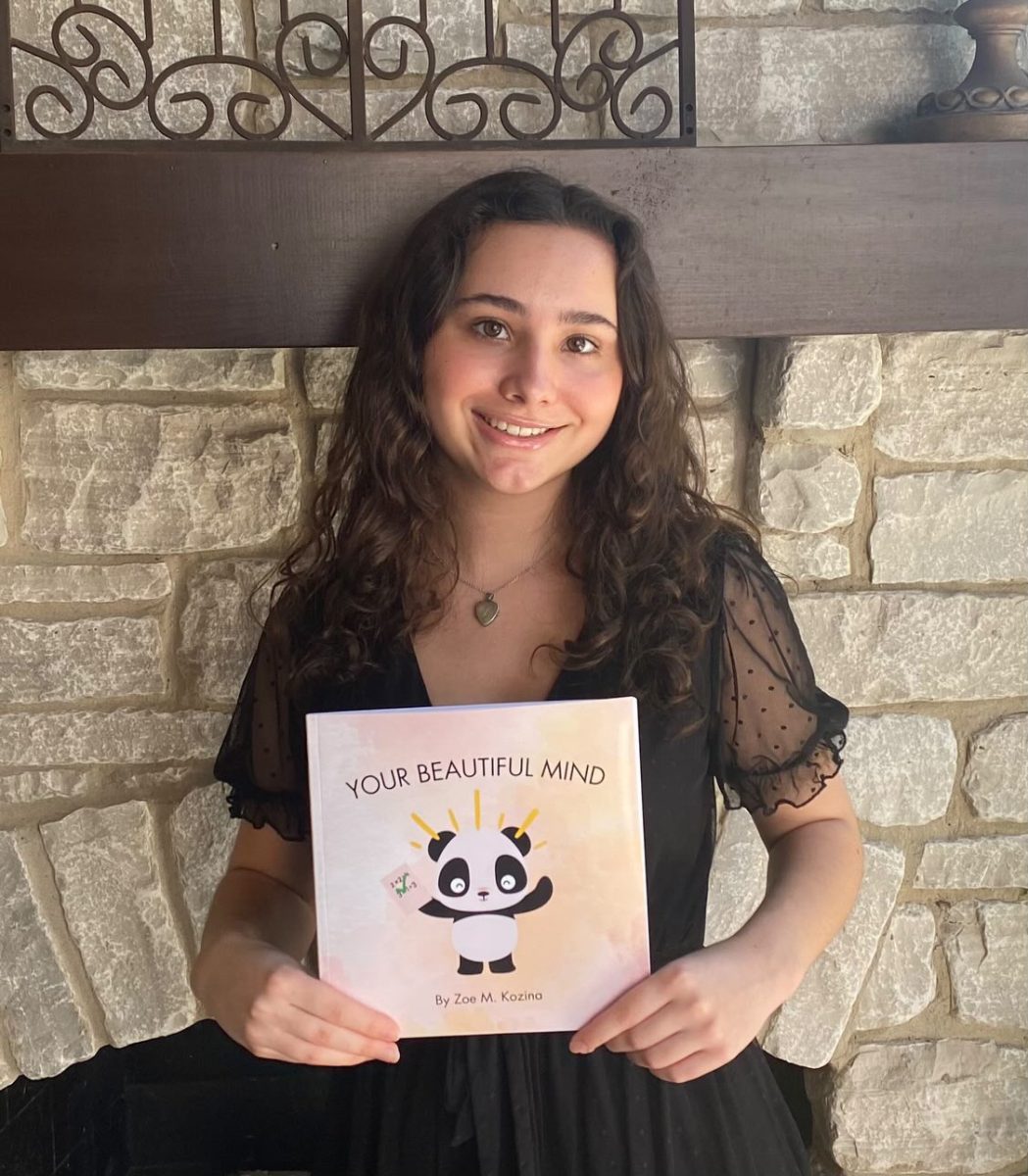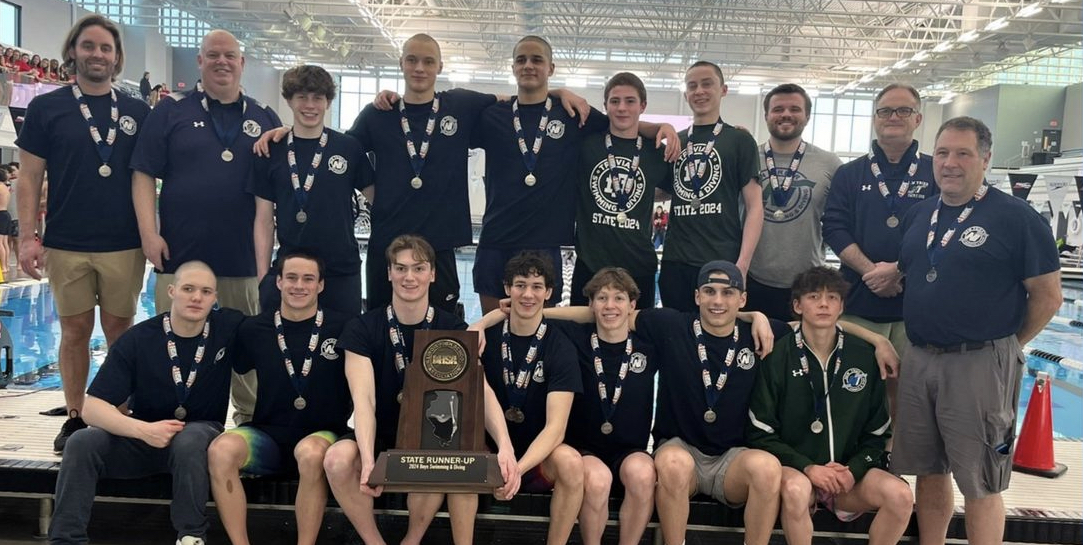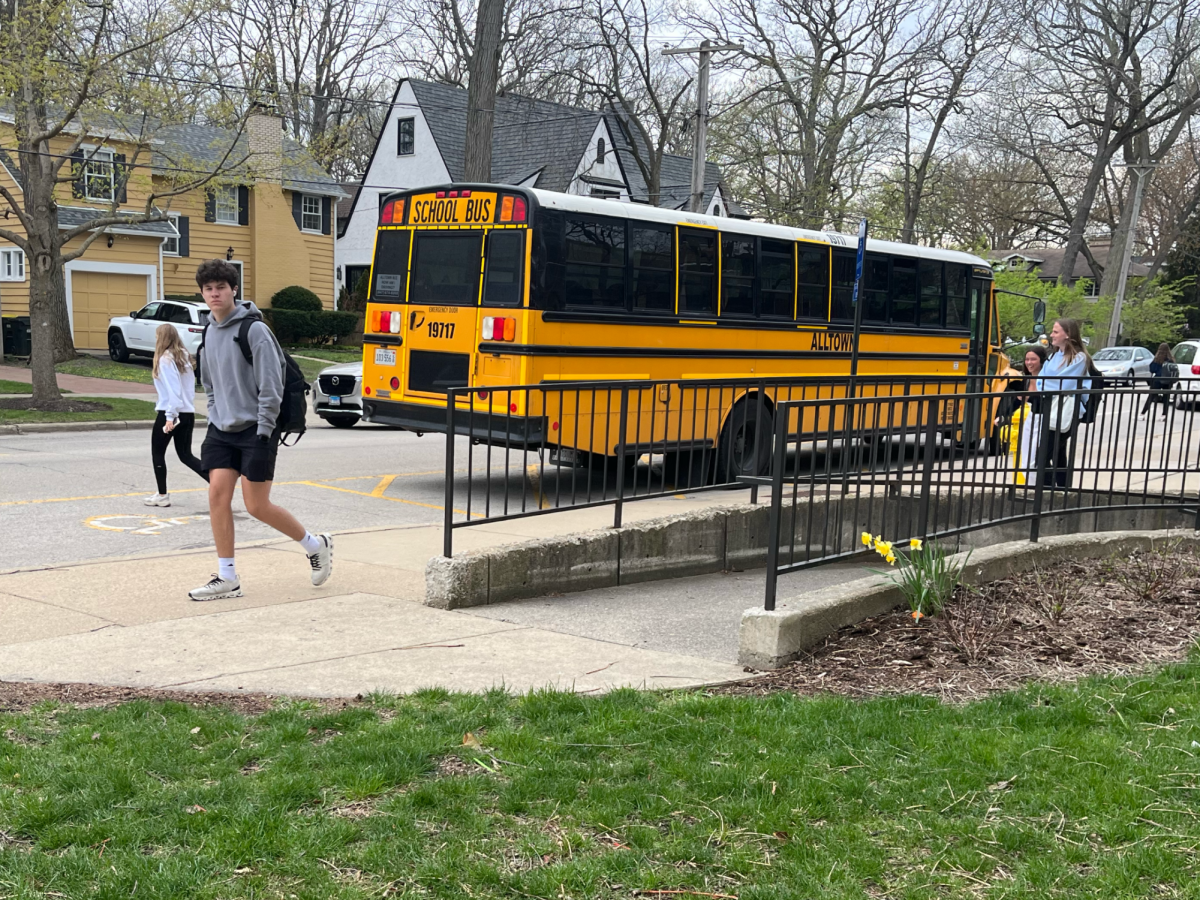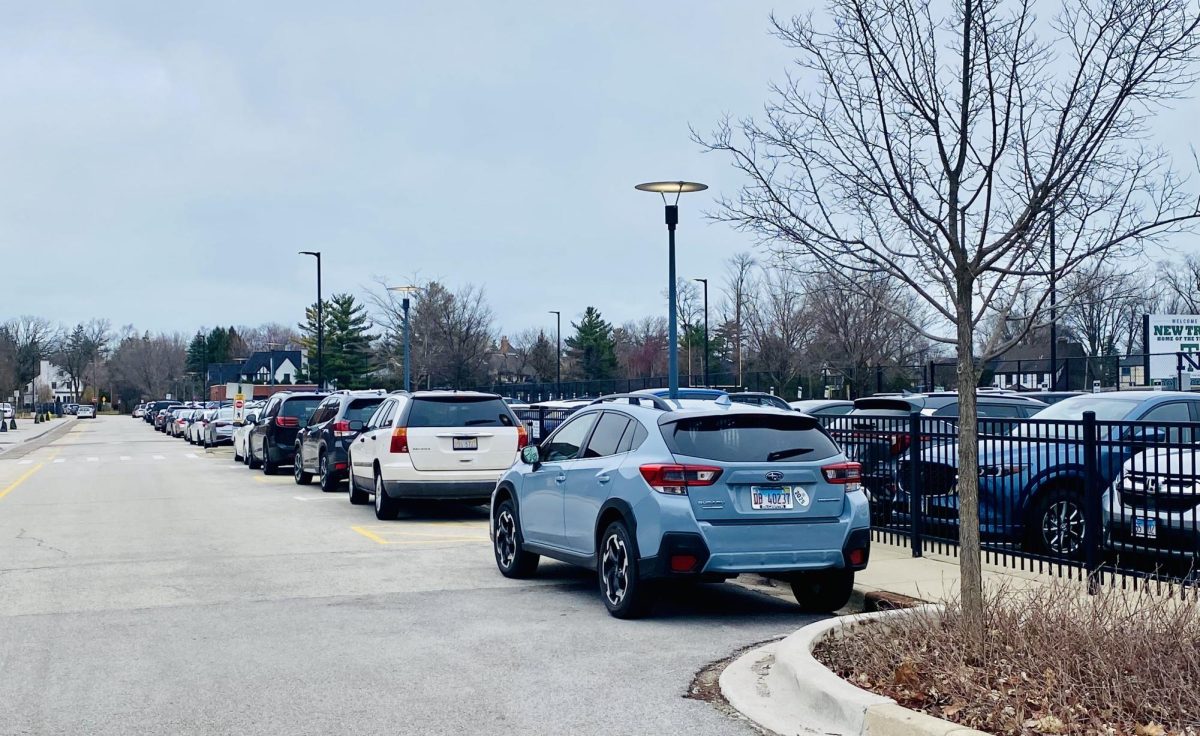Over 150 years ago, settlers from Trier, Germany left their homes and shipped off for new opportunities in America. As farmers in Chicago’s outskirts, the German population combined with more newcomers as the area evolved into what it is today.
And now they’re back.
Twenty students from Trier spent the past few weeks taking in American culture as part of a two-way exchange between their German school and New Trier. New Trier will reciprocate by sending 21 students to Germany this upcoming summer.
Trier teachers Doris Reuter and Anne Schaaf initially contacted New Trier via email to set up an exchange relationship they hoped would continue for future generations.
“It’s important to meet other people and live in this culture,” Reuter said. “We contacted New Trier because we were from ‘Old Trier.’”
The idea piqued an interest among New Trier teachers, and eventually a program was organized by Reuter, Schaaf, and New Trier MCL faculty members Venera Stabinsky, Joel Morris and Todd Bowen.
Students from Trier had varying opinions on what they were excited to experience in America, but some of the activities in which they participated included a dodgeball tournament, Homecoming, and taking field trips to Chicago-area venues like the Art Institute, Shedd Aquarium, and Wrigley Field.
“I’m looking forward to Homecoming,” said Trier student Vanessa Grehl, who explained how the dance doesn’t exist back at home.
Teresa Lutz wanted to explore differences between her native culture and America’s, a common desire among the students. “We don’t have baseball in Germany, we have a lot of soccer,” she said.
Her classmate Philipp Schuster agreed that sports here interested him. “I want to see sports, especially American Football,” he said.
Schuster said he noticed a few differences between school here and in Trier. For instance, in Germany, instead of students switching from class to class throughout the day, the teachers come to the students, who only ever move for science labs or cooking.
Schuster also said that some of the rules are stricter in Germany, like those relating to cell phone use, saying, “I like school here, the people are more relaxed than in Germany.”
New Trier German teacher Venera Stabinsky, who was in charge of creating the Trier students’ itinerary, was similarily grateful for how accommodating the school faculty and staff were the past few weeks.
“I couldn’t believe it has been coming along so nicely; it makes me very happy,” she said. “New Trier feels like family, not just the host families, but the school feels like family. Tech support, the library, the buses: you holler and it’s done for you.”
MCL Department Chair Todd Bowen, who has multiple years of experience organizing exchange programs, said that for a successful exchange to take place, the school is only part of the puzzle; the homestay element is just as important.
He likens homestays, and exchanges in general, to a lab in science. “I can’t imagine anybody taking chemistry and not having lab experience,” he said. “You have to function in the language and in the culture.”
Stabinsky agreed that a homestay solidifies the entire experience for the students.
“It’s an incredible opportunity to experience the culture, and it’s not the same if you stay in a hotel,” she said. “It’s really different to be in a family experience, living life from the inside.”
She went on to say, “There are some things you just don’t talk about in the classroom,” she said.
Doris Reuter, a chaperoning teacher from Trier, agreed on how valuable students’ study abroad experiences are in the long run.
“Living these cultures is very important,” she said. “It’s not just a matter of meeting them, but to try and understand them and how they live. It helps a lot with growing up.”



